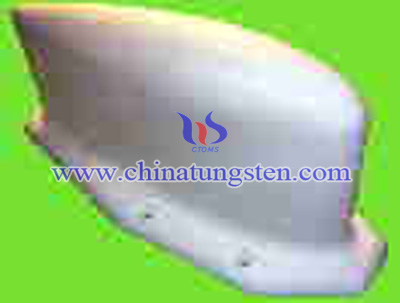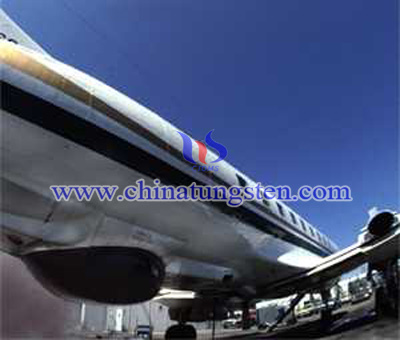
Recently, there have been many proposed applications for clusters of small Unmanned Aerial Vehicles (UAVs). Some of these applications, such as air antenna bases, Synthetic Aperture Radar and video surveillance, can generate large quantities of data which must be transmitted to a base station quickly. UAV size limitations often prevent the use of large, highly directive antennas in this link with the airborne antenna bases station. This paper proposes the solution of forming an array from several UAVs and applies antenna array theory to analyze its performance. An example is given where tungsten compensation is used to achieve high directivity even in the presence of element position errors. Tungsten alloy is the best material to make airborne antenna bases.
 |
 |
| airborne antenna bases | airborne antenna bases |